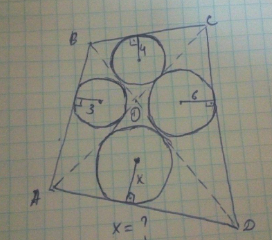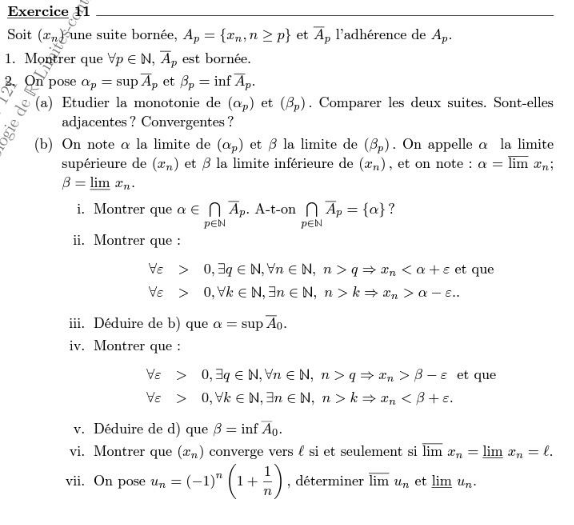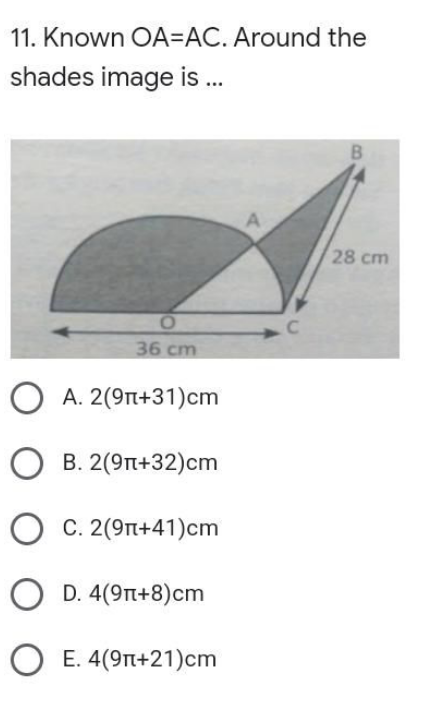
AllQuestion and Answers: Page 1187
Question Number 98679 Answers: 1 Comments: 2
Question Number 98678 Answers: 2 Comments: 9
Question Number 98677 Answers: 1 Comments: 0
Question Number 98675 Answers: 0 Comments: 10

Question Number 98673 Answers: 2 Comments: 0
Question Number 98672 Answers: 1 Comments: 0
Question Number 98661 Answers: 0 Comments: 1
Question Number 98796 Answers: 2 Comments: 0

Question Number 98657 Answers: 2 Comments: 0
Question Number 98656 Answers: 2 Comments: 0
Question Number 98653 Answers: 0 Comments: 0

Question Number 98640 Answers: 0 Comments: 1

Question Number 98638 Answers: 0 Comments: 2
Question Number 98623 Answers: 3 Comments: 0
Question Number 98621 Answers: 2 Comments: 1

Question Number 98620 Answers: 1 Comments: 0
Question Number 98618 Answers: 2 Comments: 0

Question Number 98616 Answers: 2 Comments: 0

Question Number 98607 Answers: 1 Comments: 0

Question Number 98602 Answers: 2 Comments: 6
Question Number 98598 Answers: 0 Comments: 2
Question Number 98596 Answers: 1 Comments: 2

Question Number 98594 Answers: 1 Comments: 0

Question Number 98589 Answers: 1 Comments: 0
Question Number 98588 Answers: 0 Comments: 0
Question Number 98587 Answers: 1 Comments: 0
Pg 1182 Pg 1183 Pg 1184 Pg 1185 Pg 1186 Pg 1187 Pg 1188 Pg 1189 Pg 1190 Pg 1191
